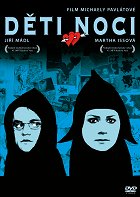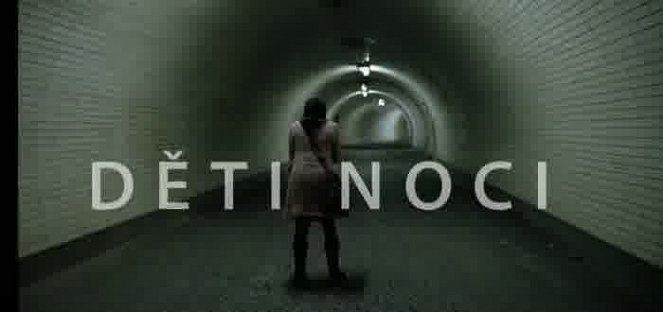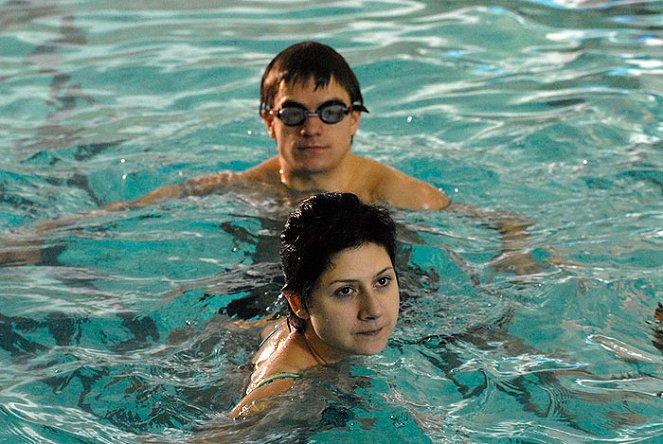Director:
Michaela PavlátováCámara:
Martin ŠtrbaReparto:
Martha Issová, Jiří Mádl, Jan Dolanský, David Novotný, Kristýna Badinková Nováková, Lenka Termerová, Jana Hubinská, Václav Helšus, Igor Chmela (más)Sinopsis(1)
Ofka (25) works the nightshift behind the counter at a 24-hour shop. She doesn’t reflect much upon herself, living with the attitude that she should hide inside herself the uncertainty and despair she feels from failed relationships. All she has left is lethargy and a peculiar kinship she shares with others who, like her, are awake when the rest of us sleep. Mira, the only person who she truly loved, has started dating her good friend. Ofka is still in love with him and, because of this, treats her old friend Ubr, who is in love with her, mercilessly. In a flash, as Ofka finds herself the victim of a bizarre robbery, the world falls apart before her eyes, and is suddenly full of confusion and pain. Still, only waking from her lethargy can help Ofka understand the truth about herself and eventually give her back the courage to finally pursue her dreams. (texto oficial de la distribuidora)
(más)Videos (4)
Reseñas (3)
Muy triste película sobre personas desdichadas de todas las edades. Junto con los Karamazov, considero a Los hijos de la noche como la mejor película checa del año 2008. La directora eligió un elenco realmente diverso, Martha Issová y "su familia", Jiří Mádl, el conjunto del Teatro Dejvické, Jan Dolanský y Kristýna Nováková. Todos ellos representan a personas comunes de la República Checa, que se encuentran en las afueras de la ciudad de Praga, algunos luchando por un futuro mejor, mientras que otros se resignan y se dejan llevar por la vida. La trama no es explosiva ni impactante, pero no esperaba nada parecido y precisamente el vistazo a las vidas de estos personajes me llegó al corazón. Sin embargo, estoy seguro de que Los hijos de la noche no lo tendrán fácil, porque es una película muy "diferente". Issová y Mádl merecen reconocimiento, ambos actúan de manera absolutamente asombrosa.
()
Michaela Pavlátová will probably always remain the director of Faithless Games. Where there is nothing, there is also nothing for death to take. Mádl just repeats his regular awkwardness and Martha repeats her aimless would-be rebelliousness from The Good Neighborhood. As a complement to the ancient tragedy of the big city, Novotný, Dolanský, Martha's mother, Babčáková, and other fine contemporary artists roam herein.
()
We jump into the life of a bored young girl who doesn't know what she wants. Because she doesn't know, and is too lazy to do anything with her life, and too annoyed to even think about it, everything goes to shit. And nobody figured out that all she wanted was a good scratching behind the ear, they all wanted to scratch her someplace else. The main characters were flat and boring, like the whole movie in fact, so it was a pretty lost cause. It's clear what the bard wanted to say, so why couldn't the Czech bard say it differently? Why didn't she use another metaphor?
()



Anuncio